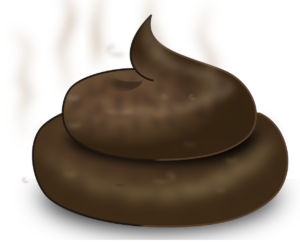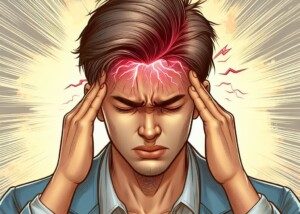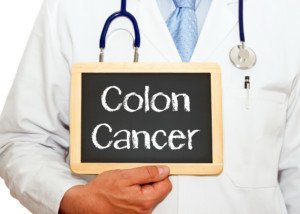
Why does it seem that almost every time you have a particular meal such as dinner or lunch, you have to poop immediately after?
Is there really a cause and effect relationship between when you finish a meal and when you have to poop?
“This is caused by the so called ‘gastro-colic reflex’ — that is a reflex originating in the stomach and resulting in stimulation of the colon and the act of defecation,” says Morton Tavel, MD, Clinical Professor Emeritus of Medicine, Indiana University School of Medicine, and author of “Health Tips, Myths and Tricks: A Physician’s Advice.”
Dr. Tavel adds, “It is quite common and should be considered normal.”
So now that you know you don’t have to fear some kind of serious digestive condition that causes this, there’s still something else you need to know about the gastro-colic reflex.
And it’s this: Never try to rely on a large meal to “push out” constipated bowel matter!
People have been known to attempt this, and they pay dearly for it.
For example, let’s say that a person hasn’t pooped in four days and can just feel the heaviness sitting in their lower bowels.
They may have tried several times to push it out, but it doesn’t budge.
They may even say, “I know it’s there; I could feel it; it’s right at the edge but it doesn’t want to come out.”
So he or she decides to eat pancakes and sausage to “push it out.” This won’t work.
Instead, the pancakes and sausage simply add to the problem. It’s essentially poop on poop.
This may not occur the very instant he finishes this meal, but the junk food will eventually become included in the bulk of hard stools.
And this person will be in misery on the toilet – or possibly in the ER with impacted feces.
In the ER, the condition of impacted feces is typically treated with a combination of methods.
The first step is often to administer enemas or stool softeners to help break up the blockage.
In some cases, doctors may use manual disimpaction, where they gently remove the stools with their fingers.
This is something you should never try on your own, if for no other reason, it could lead to an infection.
For more severe cases, a patient might be given intravenous fluids and medications to help ease the bowel movements.
In summary, gastro-colic reflex is common and normal (it’s often observed in dogs and especially puppies right after they gulp down their meal).
Never try to encourage a stubborn BM or constipation by eating a big meal or filling up on processed food.










































